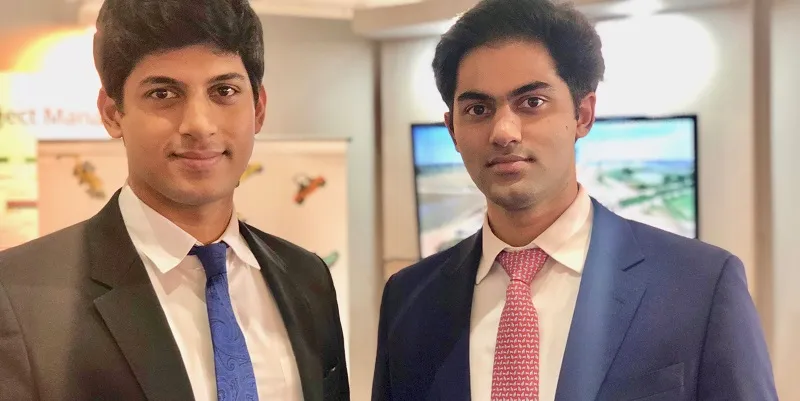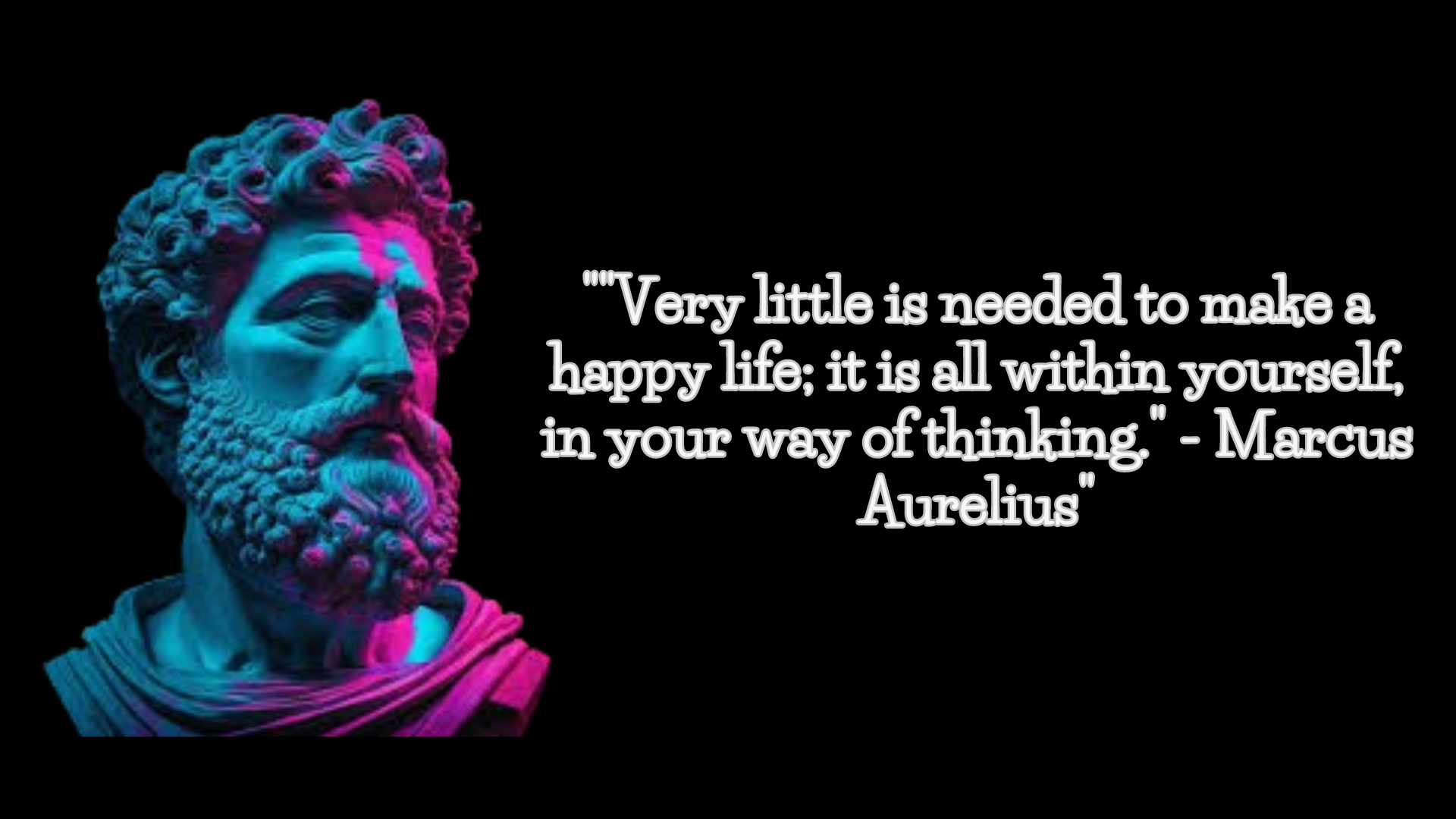With Einsite, 2 brothers aim for IoT to disrupt the construction industry
Rajiv and Anirudh Reddy’s plug-n-play hardware-software product will help construction companies monitor their projects remotely and manage them more efficiently.
Every construction site is much like the other, except if you find yourself at Delhi’s Eastern Express Highway. There are devices across the site capturing data from crushers and concrete-batching plants. This data helps the site manager and the infrastructure company understand how much raw material has been used and helps them verify if the material reached the site on time.
These devices are organising an industry, which is known to write off five percent of the project cost as wastage. And the company behind this simplification and digitisation of site operations is Einsite.
Run by Rajiv and Anirudh Reddy, brothers in their mid-20s, Einsite has worked on three projects across Hyderabad and Delhi so far.
“We want to make project management easier and effective,” says Anirudh, Co-founder of Einsite.

The two brothers come from a real estate background. They are part of the family that runs Gayatri Projects, a Rs 2,111 crore in revenue business. However, family business apart, both of them are engineers and were drawn to analytics from edge devices.
Their experience in their company taught them that the construction industry employs 7 percent of the world's workforce and contributes $10 trillion annually to the global GDP.
“Even with such a contribution, wastage is a big problem. Builders are debt-strapped. If they can reduce wastage through the use of technology, that’s a direct contribution to their bottom line,” Anirudh says.
The wastage happens because of not planning the batching of raw material and not guiding trucks to the site that requires material the most.
Anirudh says Einsite is working to digitise site operations with IoT and empower companies to plan projects better.
In the beginning
Both Rajiv and Anirudh cleared graduate school in the USA in 2012 and 2015 respectively. Being engineers, they would keenly follow how data was being put to use in various industries and how it was changing them.
Anirudh convinced his brother by the end of 2015 that they could experiment in their own business with proprietary devices and gather data. They quickly built their own device and decided to implement it in Hyderabad, which they realised was burgeoning with data.
“We realised we had so many data points that just building visualisation would not be enough. We decided to get into the analysis of data, too,” Anirudh says.
He soon realised that there were not many IoT companies in the construction industry in India, and went to the US to meet investors.
“I had to take this idea to the global market. It would not have been easy to raise money here,” Anirudh says.
He convinced Kleiner Perkins Caufield Byers to invest close to $100,000 around April 2016 and began to use the money to employ a team and roll out the devices.
“It helped that we could plug into our own projects and prove to the world that the industry needs to use data efficiently for project management,” Anirudh says.
About 75 percent of the project cost in the industry is materials and machinery, and building data points around them has not happened in a real-time connected basis. Einsite captures all information on SIM Cards, which transmit the data generated by the device to a cloud-based console.
The devices don’t stop at capturing information at the concrete batch plant; they are also connected to the trucks transporting the material on to site, which will also be tracked and tagged. At the site, managers know exactly how many trucks are arriving with the concrete.
The business model
Einsite will work on several business models. Since it is a cloud-based software, they could do a monthly subscription or an annual license fee.
However, Anirudh says his 30-member team will focus on winning new infrastructure projects in 2018.
Gartner, Inc. forecasts that 8.4 billion connected things will be in use worldwide in 2017, up 31 percent from 2016, and will reach 20.4 billion by 2020. Total spending on endpoints and services will reach almost $2 trillion in 2017.
Regionally, Greater China, North America and Western Europe are driving the use of connected things and the three regions together will represent 67 percent of the overall Internet of Things (IoT) installed base in 2017.
In addition to smart meters, applications tailored to specific industry verticals (including manufacturing field devices, process sensors for electrical generating plants and real-time location devices for healthcare) will drive the use of connected things among businesses through 2017, with 1.6 billion units deployed.
The year ahead
However, from 2018 onwards, cross-industry devices, such as those targeted at smart buildings (including LED lighting, HVAC and physical security systems) will take the lead as connectivity is driven into higher-volume, lower-cost devices.
In 2020, cross-industry devices will reach 4.4 billion units, while vertical-specific devices will amount to 3.2 billion units.
Whether the Indian infrastructure industry will jump to IOT is still not known, but the Einsite team has the pedigree and the connections to make the industry experiment with IoT.
“This product works across verticals,” Anirudh says.
Startups in the IOT industry that have hit it big include Cattleya Technosys, with Rs 100 crore in revenue. Entrib and Altiux are also popular. All three companies have platforms that work across verticals and enable the use of computer vision, natural language processing and AI. There aren’t many companies that have scaled up to private equity levels of raising Series B to C and over.
But Anirudh and Rajiv have the right connections. Could Einsite hit the mark in the slow-moving construction industry?











